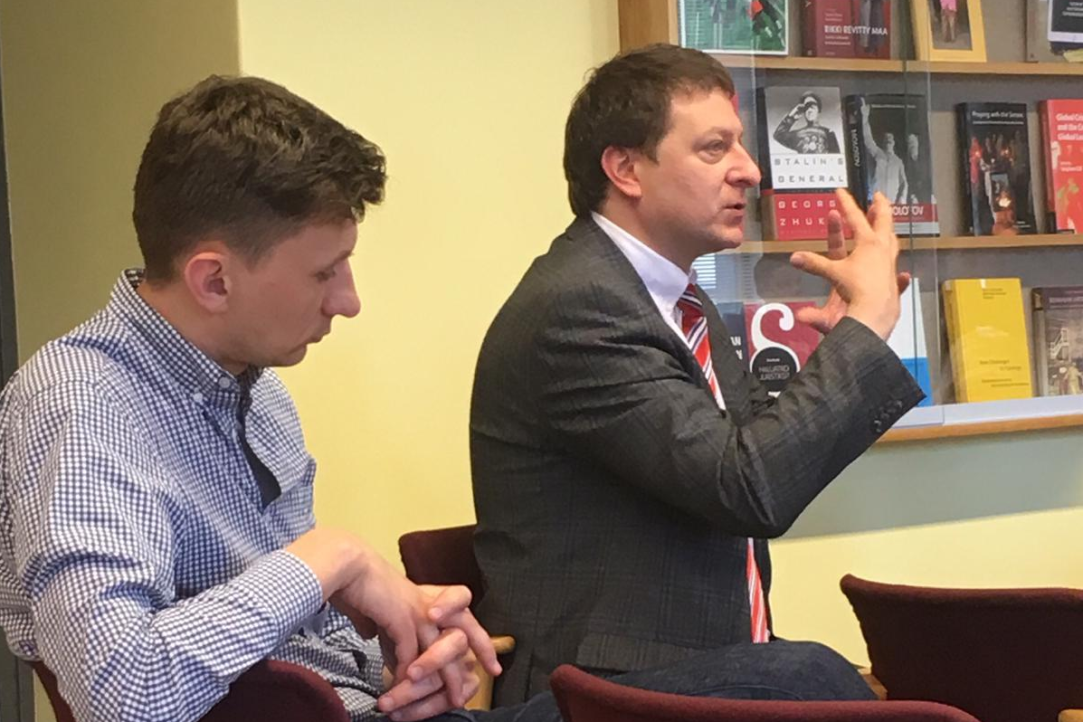Conference "Versailles and Rights: A Centenary Appraisal" was held at Helsinki
On June 3-4, 2019 at Helsinki was held a conference "Versailles and Rights: A Centenary Appraisal" organized in frames of the research project "Post-imperial diversities: Majority-minority relations in the transition from empires to nation-states" together with the Helsinki Collegium for Advanced Studies.

The Versailles conference and the founding of the League of Nations in 1919-1920 had, as a major task, the objective of reorganizing the territories of Eastern Europe and the Middle East following the collapse of the Habsburg, Ottoman and Russian Empires. While much of the emphasis of the Versailles deliberations (and of subsequent scholarship) was on the new territorial arrangements, the conference also added impetus and international legal significance to discourses about minority rights. Different principles of national rights – self-determination, territorial or personal autonomy, federalism – were brought to the table and debated. The process also borrowed from pre-existing discourses, and fed into broader discussions about Rights at a time when Women’s rights and human rights were also achieving significant progress. The discourses about Rights established under the Versailles process set the tone for the policies of the League of Nations, and went on to inform discussions about Rights ever since.
The conference revisited the issue of Rights at the Versailles conference itself; the antecedents to Versailles in discussions about rights in the early twentieth century; the implementation of the Versailles principles in the 1920s; and the legacy of Versailles on Rights discussions and policies over the subsequent 100 years.
Several researchers from the Higher School of Economics at St. Petersburg took part in the work of the Conference. Among them, in the first day of the event, Wiktor Marzec, a postdoctoral researcher at the Centre for Historical Research at the Higher School of Economics in Saint-Petersburg presented a talk titled “‘One of the Oldest States in Europe Has Never Suppressed Any Nation’. Polish Parliamentary Debate on the Minority Treaty and the Foundations of Interwar Polish Politics” (an abstract is available here). The second day, Professor Alexander Semyonov, Director of the Centre for Historical Research and the Head of the History Department at the Higher School of Economics in Saint-Petersburg moderated a section of the Conference.
Manager
Assistant
Wiktor Marzec
Research Fellow
Alexander Semyonov
Director
